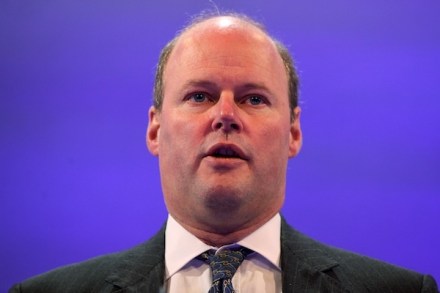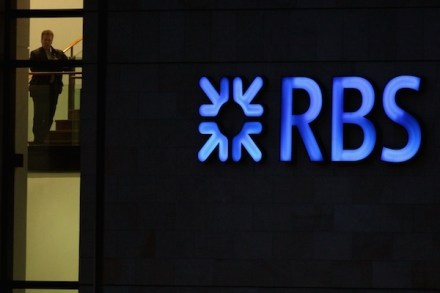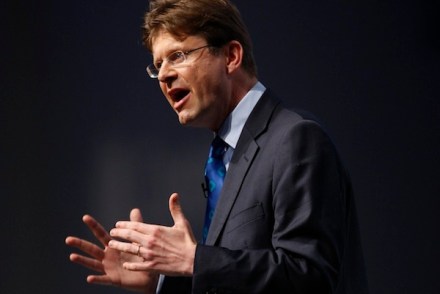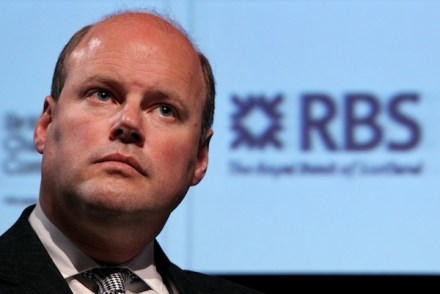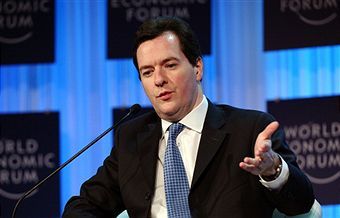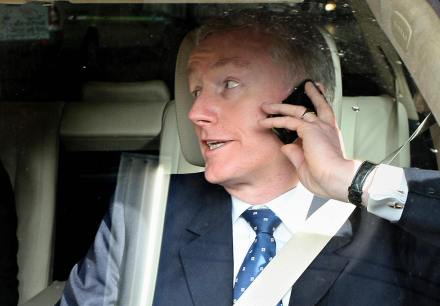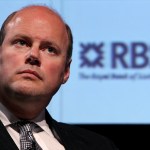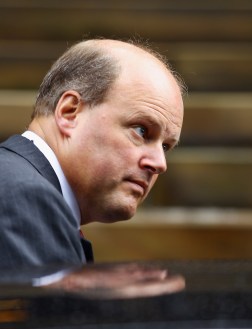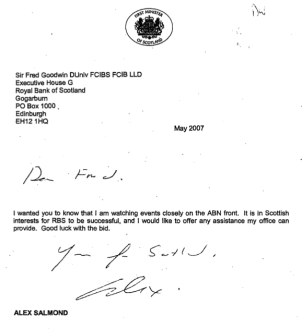Stephen Hester’s departure: who would want the RBS job?
I do not envy the search committee tasked with finding a new CEO for RBS after Stephen Hester’s departure. The bank is an anomaly, publicly owned but supposedly run at arms’-length from government. However, when banking controversies hit, as they so often do, they hit RBS hardest as it is majority-owned by the taxpayer. I suspect that everyone approached for the job will be acutely aware that Hester has had to twice forego his bonus under political pressure. Hester has long argued privately that selling off a tranche of RBS shares would be a good thing, sending a signal that the bank would soon be returned to private ownership and
